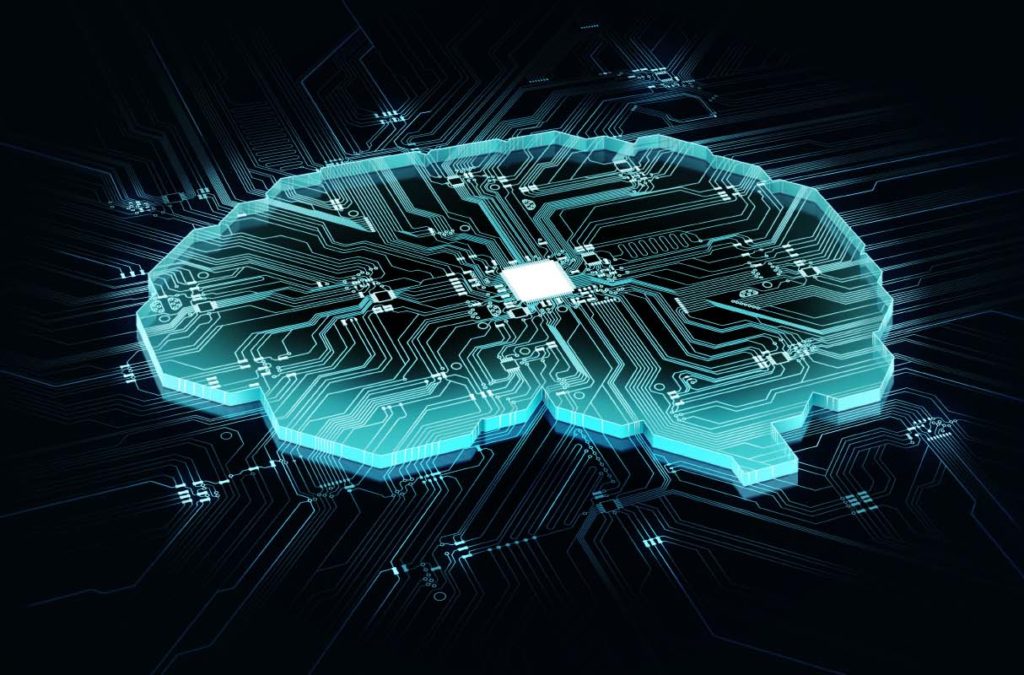
This cross-sectional field of research enables analysis of how appropriate existing law is in relation with AI applications (e.g., the GDPR) and what AI governance might resemble in the future. Research focuses on issues such as data and privacy protection - among other human rights - transparency, the audibility of AI systems, accountability/liability and oversight/control, and the fight against bias and discrimination. Made with ♥ by Cerf à Lunettes
Legal Notice – Privacy Policy – Cookies Policy
____________________________________________________________________